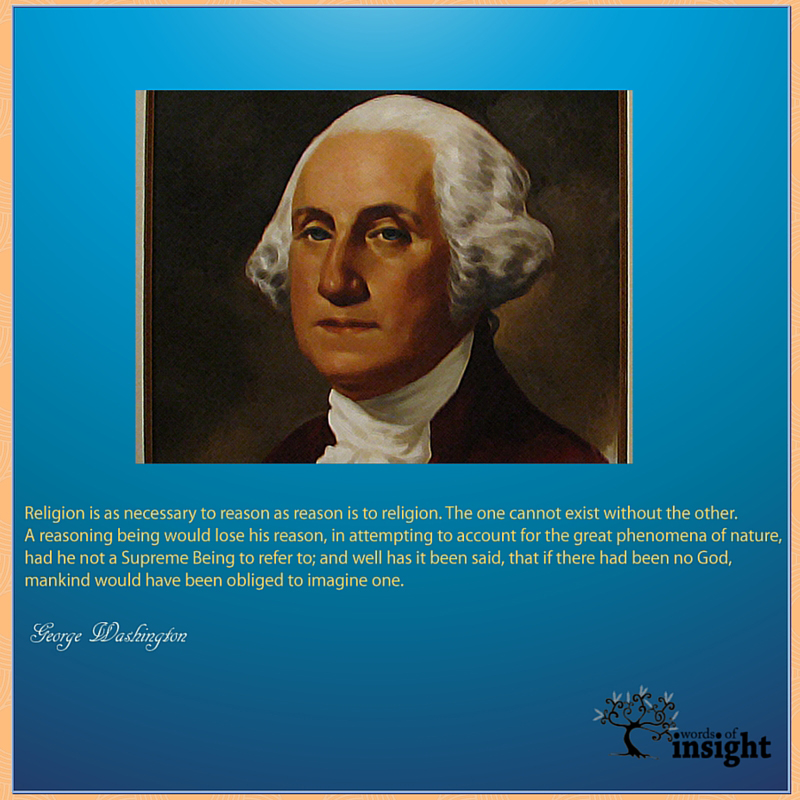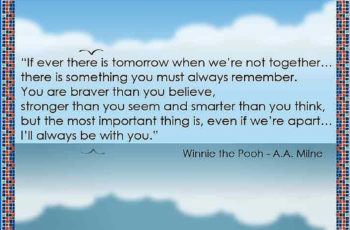Religion is as necessary to reason as reason is to religion. The one cannot exist without the other.
A reasoning being would lose his reason, in attempting to account for the great phenomena of nature,
had he not a Supreme Being to refer to; and well has it been said, that if there had been no God,
mankind would have been obliged to imagine one.
Washington agreed with the Deists. However, he never made a statement one way or the other. He often used words for the deity, such as “God” and “Providence,” while avoiding using the words “Jesus” and “Christ.” In his collected works, they appear in an official letter to Indians that might have been drafted by an aide. At the time, Deism was a theological outlook, not an organized denomination, and was compatible with being an Episcopalian. Historian Gregg Frazer argues that Washington was not a deist but a “theistic rationalist.” This theological position rejected core beliefs of Christianity, such as the divinity of Christ, the Trinity, and original sin. However, unlike the deists, the theological rationalists believed in the efficacy of prayer to God.



